Why Black is The New Black
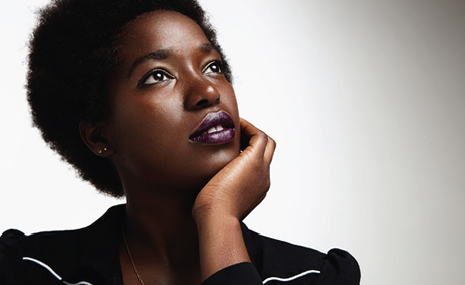 Black people definitely bring something different to the table; the world loves our music and our food and there is no place on earth where the name Usain Bolt is not known.
Black people definitely bring something different to the table; the world loves our music and our food and there is no place on earth where the name Usain Bolt is not known.
Black women have long fascinated the world but one aspect that has always been especially controversial is our physical appearance. Could the world now be falling in love with that too?
Find your soulmate on AfroRomance










When Hollywood Unlocked declared Khloe Kardashian the ‘Melanin Queen’, social media erupted. Aside from the fact that no-one would ever associate the word melanin with Khloe Kardashian in a million years, it was clear that she was being lauded for having a certain stereotypically black physical attribute i.e. her backside.
So was this cultural appreciation or cultural appropriation?
And what is the difference?
For something to be truly appreciated in and of itself surely it has to be given the same consideration irrespective of the person. Cultural appropriation is when a cultural trait is appreciated more on a person not from that particular culture. If Serena Williams faces harsh criticism and derogatory comments in the tabloids for the size of her backside, why is Khloe put on a pedestal because of hers? Why are ‘boxer braids’ cool on Kim, when black women and children have been wearing them for decades and are still being pressured to straighten their hair? These are the issues that divide opinion.
However, given the increase in multiculturalism, a shift is slowly happening. Culture is becoming about more than just heritage and ethnicity.
In busy multicultural cities, black influences permeate the culture, from the food people eat to the way they speak. You can hear young white, middle-eastern and Indian boys using slang that originated in the Caribbean. East and West African restaurants are filled with people from all backgrounds and races and if you try and get lunch from a Jamaican takeaway on a weekday expect to queue behind office workers and local builders.
Culture is increasingly becoming defined by generational influences. Despite the vast array of different backgrounds, the experiences growing up in multicultural London are the same; the music contains influences from all over the world and is popular with everyone; its not unusual to encounter food from all over the world. Stereotypes are slowly being eroded and people from different backgrounds are growing up having so much more in common.
The best thing to come out of this is true appreciation of different ethnic cultures. Really enjoying seeing people celebrating where they are from and how they do things. Its great to see black people are embracing themselves more. Natural hair is making a huge comeback with more women embracing the natural kinks and curls given to them and its being accepted and appreciated by those around us too.
The younger generations are growing up with more awareness of and respect for each other and that is the most we can hope for moving forward: That the small differences who make us what we are actually bring us together and make for a more peaceful world in the years to come.
- Should You Be Friends with Your Ex? Exploring the Pros and Cons
- Let Your Dating Profile Pictures Do the Hard Work for You
- 5 Japanese Traditions That Strengthen Relationships
- Building Financial Understanding and Harmony in Relationships
- Love Without Borders: The Beauty of Cultural Diversity in Relationships








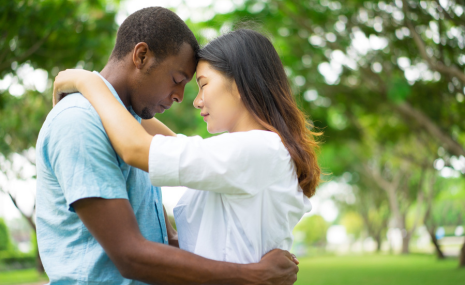





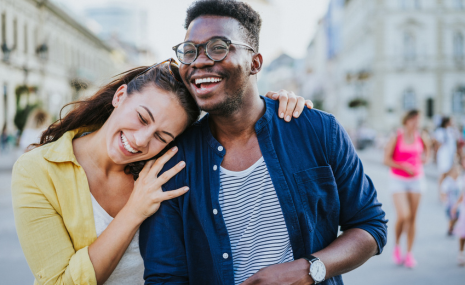





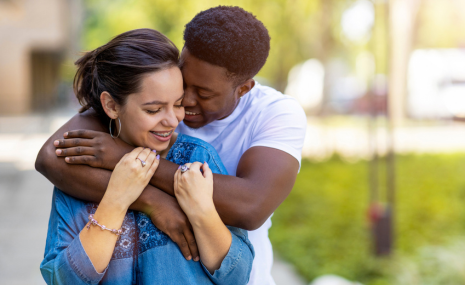

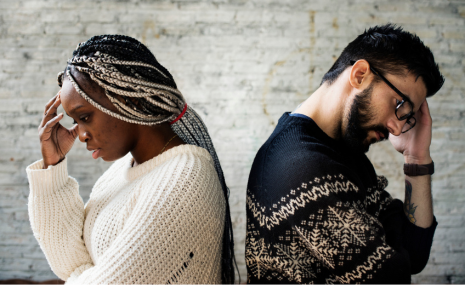
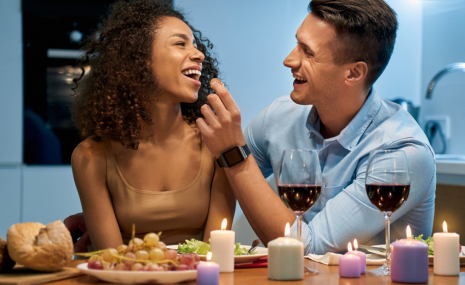
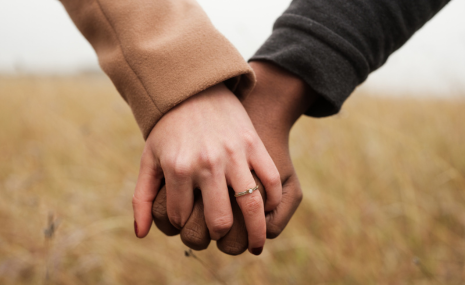


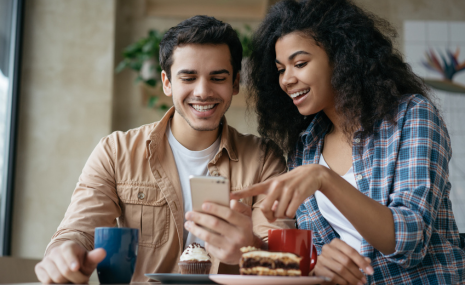
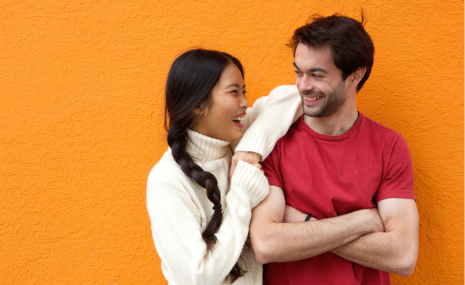




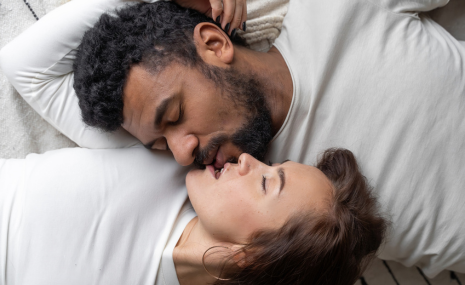



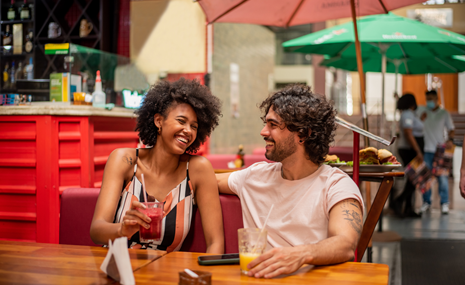




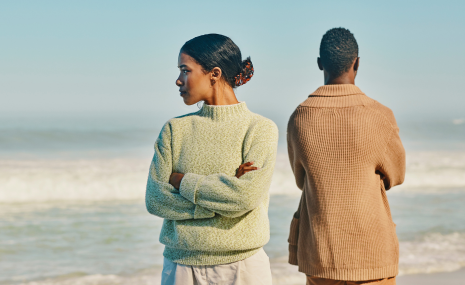
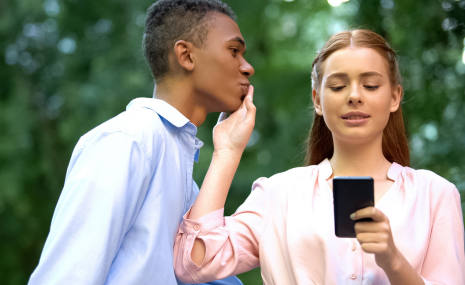

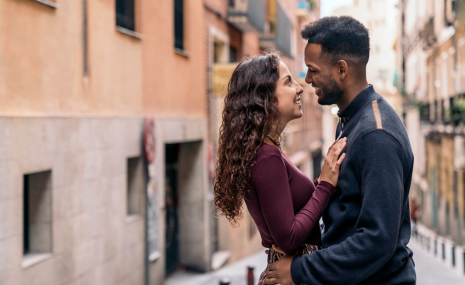


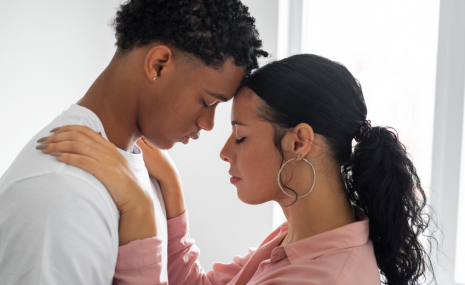














































I like the article, very much actually, because of its sense, its logic. However, Ria gives 'culture' here a restrictive meaning, certainly from my point of view, as a Social Scientist. The transculturalism or crossculturalism (which of either way one observes multiculturalism) in 'white' controlled societies does not deflect the very real racism in every day life of these societies, and the ever-constant racial prejudice at the top levels of decision-making in those societies. The decision-making process is the MAINSTAY of culture©